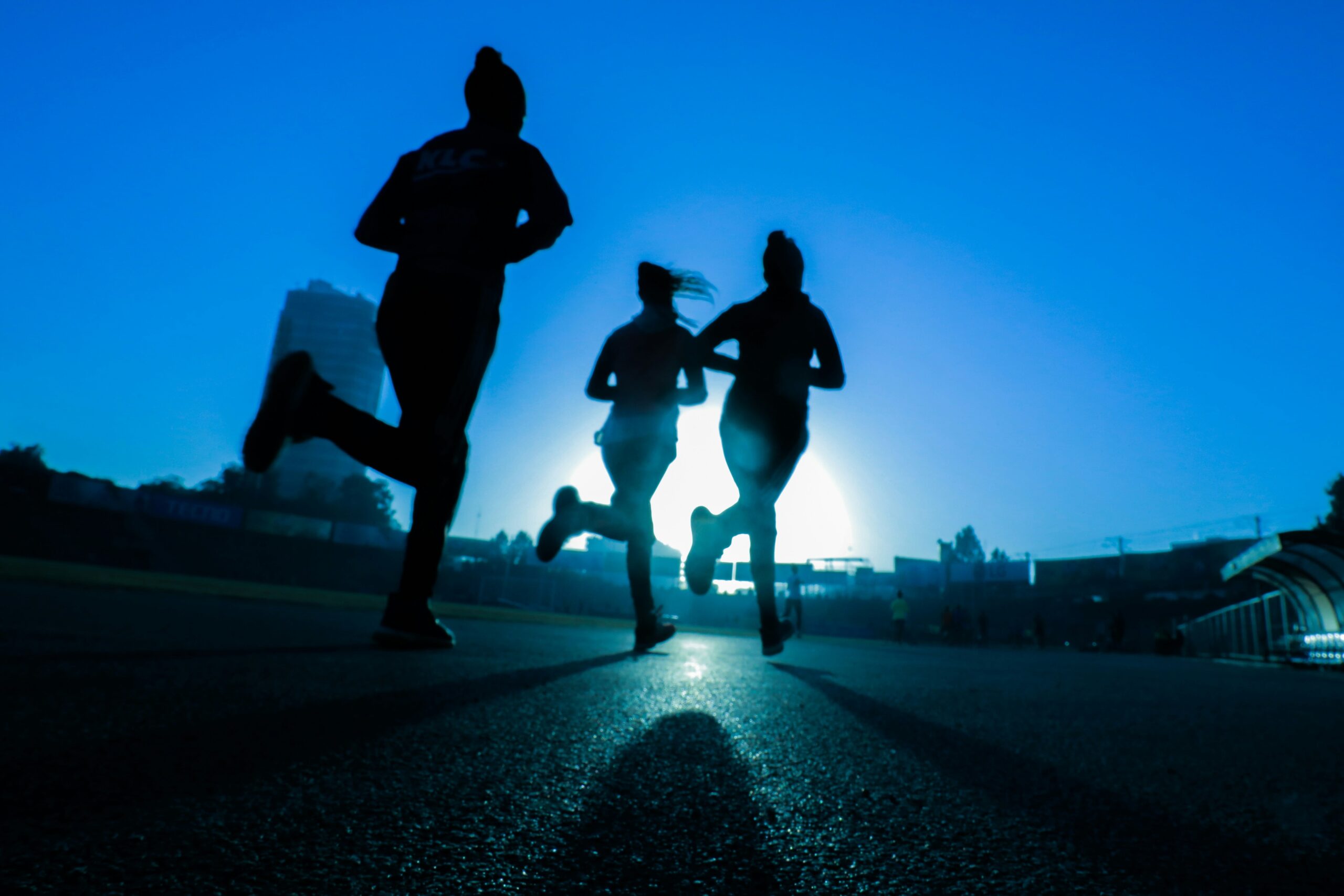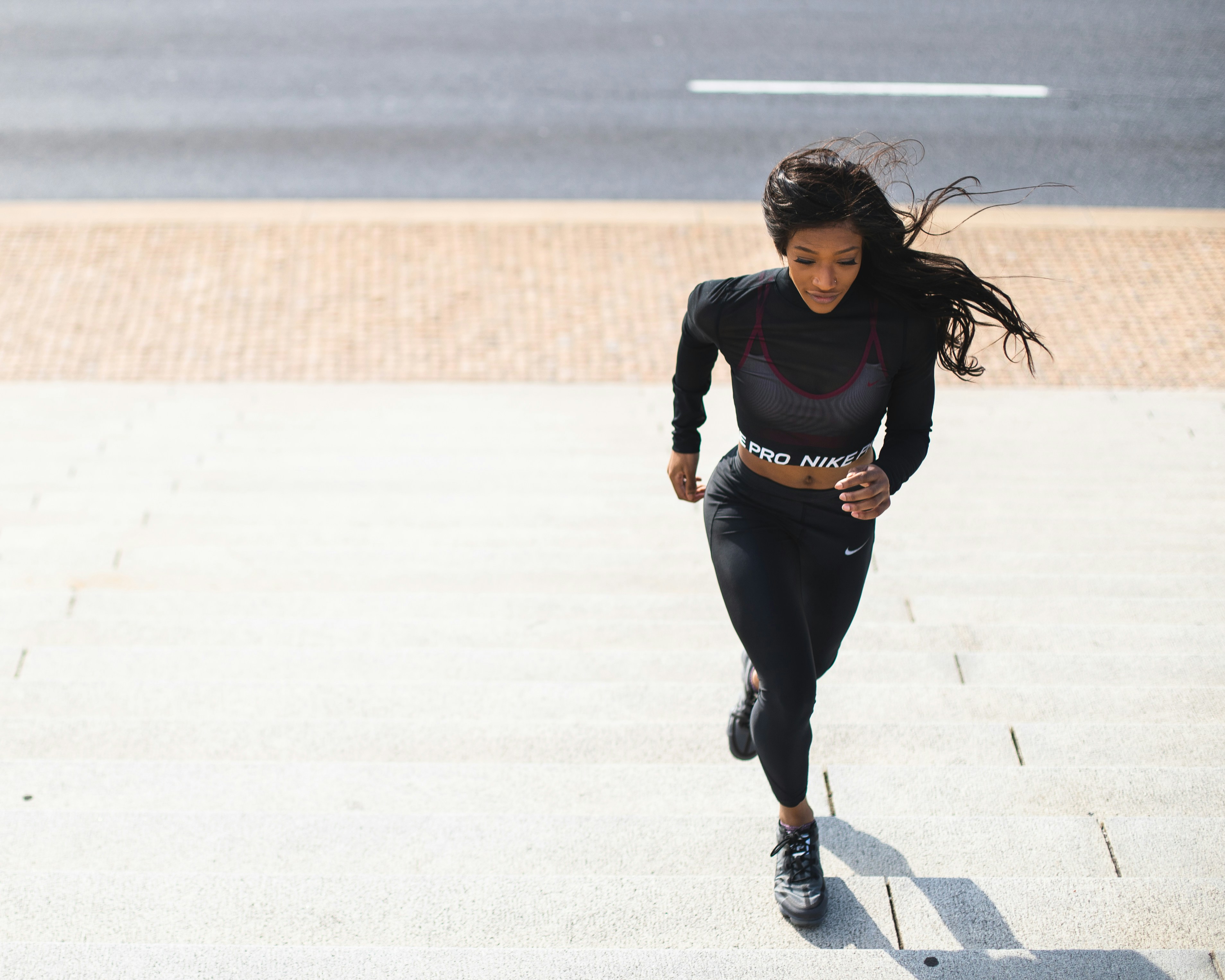Now Reading: How Running Helps Addiction Recovery
-
01
How Running Helps Addiction Recovery
How Running Helps Addiction Recovery

Recovery from addiction is not only about quitting harmful substances—it’s about rebuilding a life that supports long-term wellness. Among various tools available in recovery, running stands out as a powerful ally. It doesn’t just help you stay physically fit; it offers deep emotional, psychological, and even spiritual benefits. Let’s explore how running helps addiction recovery and why it should be a part of your wellness toolkit.
Running as a Natural Mood Booster
One of the most immediate benefits of running is its effect on your mood. When you run, your body releases endorphins—also known as “feel-good” hormones. These chemicals reduce pain and create a sense of well-being, often referred to as the “runner’s high.”
The Science Behind It
According to the Mayo Clinic, aerobic exercises like running stimulate the release of endorphins and help regulate neurotransmitters like dopamine and serotonin—both heavily affected by substance use disorders. This makes running a natural way to restore brain chemistry without medication.
Key stat: A study published in Frontiers in Psychology found that aerobic exercise significantly reduced depressive symptoms in people recovering from substance use disorders (SUDs) [1].
Reducing Cravings Through Movement
Cravings can feel overwhelming, especially during early recovery. Running offers a healthy way to manage and reduce those urges.
Why It Works
Running shifts your focus from the craving to your body and breath. It gives you something constructive to do with your energy. As your breathing deepens and your heart rate increases, you feel more grounded and in control.
Pro tip: Many recovery groups encourage members to go for a run or walk when a craving hits. The combination of movement, fresh air, and endorphin release creates a powerful craving management strategy.
Creating Routine and Discipline
Addiction often thrives in chaos. Recovery, on the other hand, flourishes in routine. That’s where running comes in.
Building Structure
Running adds structure to your day. Whether you run in the morning to start your day right or in the evening to unwind, having a fixed routine creates a sense of stability. You begin to feel responsible for your well-being, which is a crucial mindset shift in recovery.
Rebuilding Confidence and Self-Worth
Many people in recovery struggle with low self-esteem and guilt. Running helps rebuild a positive self-image.
Small Wins Lead to Big Growth
Each run you complete is an achievement. Over time, these small victories build confidence. Setting and reaching goals—like running a mile without stopping or completing a 5K—boosts self-belief.
Quote: “Running taught me that I’m stronger than my addiction. Each step forward is proof that I’m moving toward something better.” — Anonymous in recovery
Supporting Mental Clarity and Emotional Balance
Running is a moving meditation. The repetitive rhythm of your feet, the sound of your breath, and the open space help clear mental clutter.
Managing Anxiety and Stress
Stress is a common relapse trigger. Regular cardio, especially running, reduces cortisol levels (the stress hormone), allowing you to feel calmer and more centered.
Key stat: According to Harvard Health Publishing, even 15 minutes of running a day can reduce the risk of major depression by 26% [2].
Reconnecting with Nature and Community
Running doesn’t have to be a solo journey. Whether you hit a trail, park, or treadmill, running connects you to the world.
Outdoor Healing
Running outside provides the added benefit of fresh air and nature exposure, which can further reduce anxiety and improve mood.
Finding Community
Joining a running club or recovery-based fitness group offers social support. Many recovery programs now include sober running groups that help participants stay accountable while building friendships.
Running Supports Holistic Healing
Recovery isn’t just physical—it’s emotional, mental, and spiritual. Running nurtures all these areas.
- Emotionally, it provides a safe outlet for stress.
- Mentally, it boosts cognitive function and focus.
- Physically, it improves heart health, stamina, and sleep quality.
- Spiritually, it helps you feel connected to something larger than yourself—whether that’s nature, a higher power, or your personal goals.
Tips to Start Running in Recovery
If you’re new to running, here are some beginner-friendly tips:
1. Start Slow
Begin with brisk walking and gradually increase to light jogging. Your body is healing; be gentle with it.
2. Set Realistic Goals
Aim for consistency over intensity. Running three times a week is a great start.
3. Listen to Your Body
If you feel pain or fatigue, rest. Recovery includes respecting your limits.

4. Stay Hydrated and Nourished
Running burns energy. Eat balanced meals and drink plenty of water to fuel your body.
5. Track Your Progress
Use a journal or app to log your runs. Seeing your improvement is incredibly motivating.
Final Thoughts
Running is more than just exercise—it’s a recovery tool, a healing ritual, and a way to reconnect with yourself. It helps you manage cravings, regulate emotions, and build a healthy routine. When you run, you take steps—literally and metaphorically—toward a stronger, sober, and more fulfilled life.
So lace up your shoes, take a deep breath, and start where you are. Your recovery journey may be long, but with each run, you move forward.

Hi, I’m Brittany Larsen, a passionate blogger and content creator dedicated to writing meaningful and engaging articles. I specialize in topics like mental health, wellness, and personal development, aiming to inspire and empower my readers through relatable stories and practical advice.






















